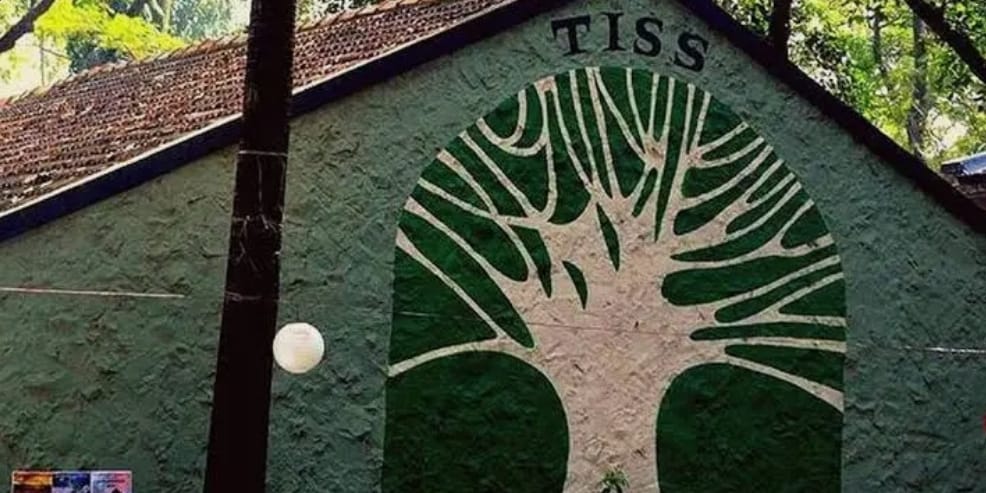In a distressing turn of events, the Tata Institute of Social Sciences (TISS) has been compelled to terminate approximately 100 staff members due to severe financial constraints. The decision, stemming from a shortfall in funds from Tata Trust, marks a significant setback for one of India’s premier educational institutions. TISS, renowned for its contributions to social sciences and commitment to education, now faces operational challenges exacerbated by the ongoing economic uncertainties.
The layoffs, affecting various departments within TISS, underscore the broader issues plaguing higher education in India. With the pandemic’s lingering effects and financial strains affecting corporate philanthropy, institutions reliant on external funding sources like Tata Trust find themselves particularly vulnerable. Despite efforts to streamline operations and optimize resources, TISS was forced to make the difficult decision to reduce its workforce, impacting both administrative and academic roles crucial for the institute’s functioning.
Moreover, the situation at TISS highlights a deeper concern regarding sustainable funding models for educational institutions. As demands on educational quality and accessibility grow, so too does the reliance on external funding sources, making institutions susceptible to fluctuations in philanthropic support. The current scenario serves as a poignant reminder of the need for diversified funding streams and robust financial planning within India’s higher education sector to ensure continuity and resilience in the face of economic challenges.
In response to these developments, stakeholders within and outside the educational community have called for renewed efforts towards securing long-term financial stability for institutions like TISS. This includes advocating for policies that support educational endowments, fostering partnerships with private and public sectors, and enhancing alumni engagement to create sustainable revenue streams. The plight of TISS serves as a rallying cry for proactive measures aimed at safeguarding the educational integrity and operational sustainability of India’s esteemed institutions in times of economic uncertainty.

